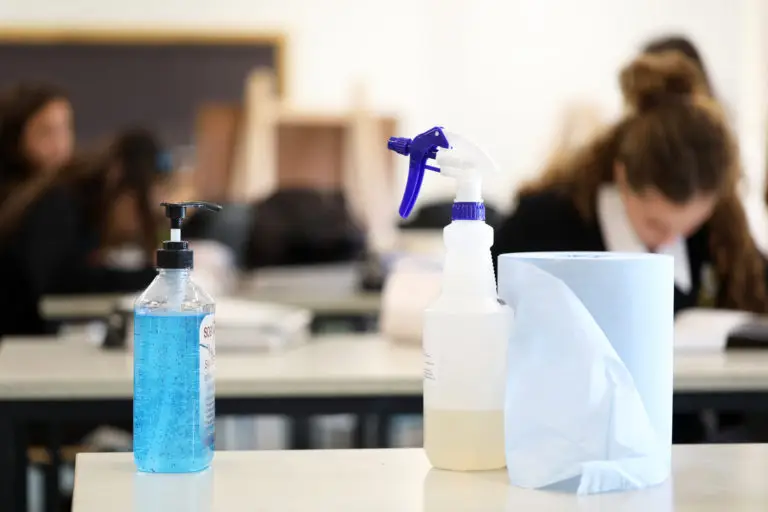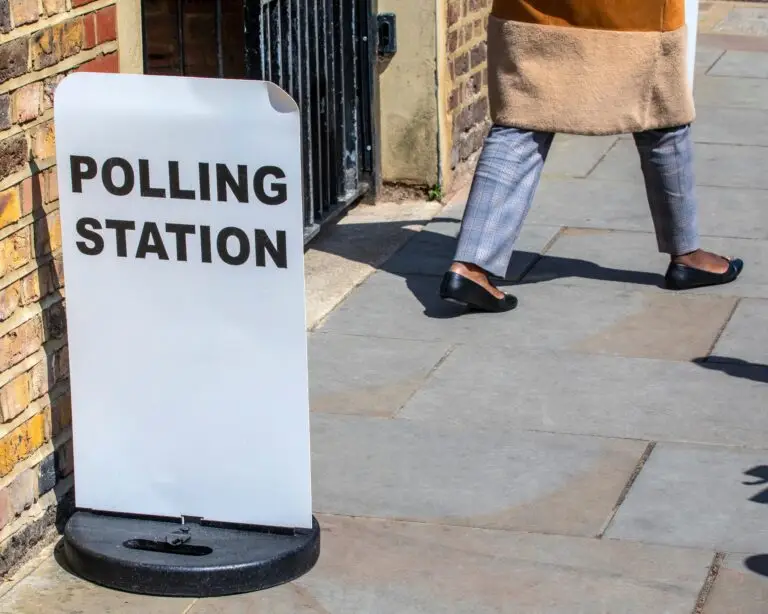The Delta Variant is currently the dominant strain of the Coronavirus spreading throughout the UK, now comprising 95% of all cases.
Due to the ongoing success of the vaccination programme, the most affected generation is those under 18, who are currently not entitled to receive a vaccine dose. This is especially true for those in the North West of England, a particular hot spot for the Delta Variant, which has seen a sharp rise in positive cases and consequently, those who are being asked to isolate.
Throughout the past few weeks schools across Greater Manchester have reported record numbers of students at home under mandatory isolation. A primary school in Bury, a town in Greater Manchester, recently reported that all but one of their classes were isolating, a sharp contrast to last year where they only had four positive cases during the entirety of their first term. Additionally, Oldham Council has seen 15% of their whole school population forced to learn remotely.
While we hope to see a delay in the spread of the Delta Variant when schools break up for the six-week summer holidays we could still see a lasting impact on children in the regions most affected.
Schools have become increasingly experienced with remote learning, however, some students are still more likely to be negatively affected by this disruption than others. Those reliant on extra support in lessons do not get the same support at home and those who do not have accesses to the technology needed to fully participate in remote learning will always find the switch detrimental to their academic progression.
A child’s socioeconomic background has already been identified as having an impact on the chances academically and otherwise during the pandemic, and now, with the rise of the Delta variant in Manchester, this will also influence their future prospects. Being in a school environment is vital not just for academic success but social and emotional development as well; missing just one week of school is suggested to have a significant, negative impact on a child’s academic success, so several weeks of yo-yoing in and out of isolation will see unimaginable consequences.
Constant disruptions to classrooms also place extreme pressure on teaching staff who will be tasked with changing their lesson plans last minute, an issue that will be even harder for schools that have a large proportion of children with special educational needs and disabilities or whose educational needs may vastly differ.
The government has announced plans to roll out a recovery fund aimed at mitigating the impact of the loss of learning however, there is a risk in the misallocation of these recourses if it is distributed based upon student population and not based upon need. Fund allocation should account for a child’s location, educational needs and socioeconomic background if it is to be spent in the most effective way.
Furthermore, the ‘catch up’ funding for schools is currently only a fraction of what had been recommended by The Education Policy Institute, with only £100 per student being offered by the government. This will mean schools have to either allocate parts of their own overstretched funds to catch up lessons, a cost that for schools in the North West most affected by the Delta Variant will be much higher than others across the UK or leave some students at a clear disadvantage to their fellow classmates.
While there are a few options left for schools to be able to help those children who may have missed a significant amount of their education when they sit their exams, including applying for mitigating circumstances, this won’t be a quick fix for the problem. These children will need extra resources and attention invested into their learning to be able to catch them up on missed time. Otherwise we will see life long impact on children in this region that could see an even further deepening of geographical inequalities across the UK.




